CLAIM $140 NEW PATIENT SPECIAL - NORMALLY $220
Post Concussion Syndrome Treatment - Noosa Heads, Sunshine Coast
At Noosa Sports Chiropractic, Dr. Jake Currie offers a personalized and comprehensive approach to managing Post-Concussion Syndrome (PCS), a condition that affects many individuals following a concussion. PCS can present with a wide range of symptoms and often requires a tailored approach to support recovery. Our goal is to help clients restore function and quality of life by addressing the specific challenges PCS brings.
Understanding Post-Concussion Syndrome Treatment In Noosa
PCS occurs when symptoms persist beyond the initial concussion recovery period, sometimes lasting weeks or even months. Many people experience lingering issues affecting concentration, energy, balance, and overall well-being. Studies indicate that PCS symptoms may stem from imbalances in three main areas:
Autonomic Nervous System (ANS) Dysregulation – A concussion can disrupt the balance of the ANS, leading to what is often referred to as sympathetic dominance. This means the nervous system may remain in a heightened state of alert, preventing the body from fully accessing the “rest and repair” response essential for recovery.
Energy Deficit and Metabolic Dysfunction – Concussions can alter energy production in the brain, leading to fatigue and cognitive challenges. Addressing this energy imbalance is essential for helping the brain and body work together to restore normal function.
Vestibular and Visual System Disruptions – PCS can impact the vestibular (balance) and visual systems, leading to symptoms like dizziness and difficulties with visual focus. Addressing these areas is crucial for reestablishing coordination and spatial awareness.
Common Symptoms of Post-Concussion Syndrome
PCS can present in various ways, and symptom severity can differ based on the individual’s unique circumstances and the nature of the initial concussion. Here are some of the common symptoms associated with PCS that we address at Noosa Sports Chiropractic:
Headaches and Migraines: Persistent headaches or migraines are frequent PCS symptoms. These headaches can be exacerbated by stress, physical activity, or sensory overload.
Dizziness and Balance Difficulties: Many individuals with PCS experience dizziness, vertigo, or challenges with balance, often tied to vestibular disruptions.
Fatigue and Low Energy: Due to the brain’s increased energy needs post-injury, chronic fatigue is common, making it difficult for some people to maintain their usual activities.
Cognitive Challenges (Brain Fog): Cognitive symptoms, such as brain fog, memory difficulties, and slowed mental processing, are common with PCS and can affect daily productivity.
Visual Disturbances: Issues like blurred vision, double vision, and light sensitivity can occur, usually stemming from the disruption of visual processing.
Sensitivity to Light and Sound: PCS can increase sensitivity to lights and sounds, which may worsen other symptoms, such as headaches and fatigue.
Mood and Emotional Changes: Emotional symptoms like irritability, anxiety, or depression can be present with PCS and are often linked to the ANS imbalance.
Sleep Disturbances: Disrupted sleep patterns, difficulty falling asleep, or frequent waking can also occur, impacting recovery and overall energy levels.
Our Approach to Post-Concussion Syndrome Recovery
Dr. Jake Currie’s approach to managing Post-Concussion Syndrome focuses on addressing the above symptoms with a structured, evidence-informed plan. At Noosa Sports Chiropractic, we aim to support clients by addressing underlying dysfunctions contributing to PCS symptoms.
Headaches and Migraines: Persistent headaches or migraines are frequent PCS symptoms. These headaches can be exacerbated by stress, physical activity, or sensory overload.
Dizziness and Balance Difficulties: Many individuals with PCS experience dizziness, vertigo, or challenges with balance, often tied to vestibular disruptions.
Fatigue and Low Energy: Due to the brain’s increased energy needs post-injury, chronic fatigue is common, making it difficult for some people to maintain their usual activities.
Cognitive Challenges (Brain Fog): Cognitive symptoms, such as brain fog, memory difficulties, and slowed mental processing, are common with PCS and can affect daily productivity.
Visual Disturbances: Issues like blurred vision, double vision, and light sensitivity can occur, usually stemming from the disruption of visual processing.
Sensitivity to Light and Sound: PCS can increase sensitivity to lights and sounds, which may worsen other symptoms, such as headaches and fatigue.
Mood and Emotional Changes: Emotional symptoms like irritability, anxiety, or depression can be present with PCS and are often linked to the ANS imbalance.
Sleep Disturbances: Disrupted sleep patterns, difficulty falling asleep, or frequent waking can also occur, impacting recovery and overall energy levels.
Dr. Jake Currie and the team at Noosa Sports Chiropractic believe in a comprehensive approach to managing Post-Concussion Syndrome. We do not claim to “cure” PCS but rather aim to support recovery by addressing each client’s specific symptoms. By focusing on the underlying causes and creating a personalized plan, we help clients achieve long-term improvements and a return to their daily activities.
If you’re experiencing symptoms associated with Post-Concussion Syndrome, contact Noosa Sports Chiropractic to learn more about our approach. We’re committed to helping clients regain comfort and control over their lives.
Where You’ll Find Us
Suite 1/26 Project Ave, Noosaville QLD 4566 (Located inside CrossFit Noosa)
Opening Hours
Mon
Tues
Wed
Thurs
Fri
Sat
Sun
7.30am - 5:30pm
7:30am - 1pm
10.30pm - 5:30pm
10:30am - 5:30am
7.30am - 1.00pm
Closed
Closed
Copyright © 2025 Noosa Sports Chiropractic | Website by New Patient Engine | Privacy Policy


